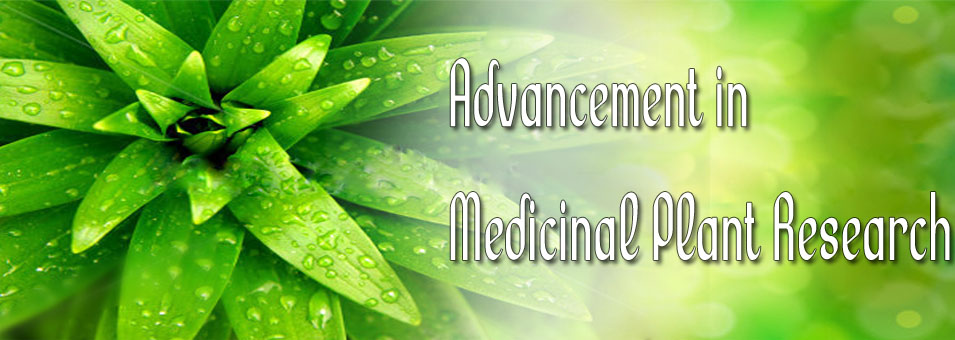In-vitro and in-vivo toxicological studies of hydroethanolic leaf extract of Ocimum gratissimum Linn. (Lamiaceae) in Wistar rats
Mindédé Assih, Badjabaïssi Essotolom, Bescond Jocelyn, Mouzou Aklesso, Pakoussi Tcha, Sanvee Sabrina Chris Janiba, Yérima Mouhoudine, Diallo Aboudoulatif, Dossou-Yovo Komla Mawubedjro, Kaboua Komla, Patrick Bois and Potchoo YaoAdvancement in Medicinal Plant Research
Published: May 17 2022
Volume 10, Issue 2
Pages 30-38
Abstract
Herbal medicines have been used for human health management, prevention, and cure of human diseases since ancient civilizations. In recent days, the use of herbal medicines has increased significantly in various forms such as herbal formulations, dietary supplements, and nutraceuticals in the global market. This growing demand undoubtedly improves the therapeutic claims of herbal medicines as biomedicines and/or functional foods. However, the safe use of herbal products and herbal drugs remains a challenge due to toxicity and regulatory issues. This study aims to evaluate the cytotoxicity of hydroethanolic leaf extract of Ocimum gratissimum on the larvae of Artemia salina in vitro and in-vivo acute and subchronic toxicity study in Wistar rats. The test on A. salina showed that the hydroalcoholic extract of O. gratissimum did not show any toxicity. The LC50 values of O. gratissimum on brine shrimp were 0.60 ± 0.19 mg/ml. The acute toxicity study revealed no behavioral disturbances or death in rats. The extract lethal dose (LD50) is greater than 5000 mg/kg body weight. Subchronic toxicity results showed a significant increase in abdominal fat at 1000 mg/kg. As for the hematological parameters, there was a significant decrease in the number of platelets at doses of 500 and 1000 mg/kg. Some biochemical parameters were affected by repeated administration of O. gratissimum extract for 28 days. Alkaline phosphatase (ALP) activity was increased at 500 and 1000 mg/kg. Creatine phosphokinase (CPK) and urea decreased at 500 and 1000 mg/kg, respectively. Blood electrolytes showed no significant change. Histological sections showed no organ damage. In conclusion, aqueous extract of O. gratissimum caused no adverse effects in rats after acute and subchronic treatment at 500 and 1000 mg/kg. However, specific hematological and biochemical parameters should be monitored during chronic use.
Keywords: Ocimum gratissimum, cytotoxicity, toxicity, Wistar rats.
Full Text PDFThis article is published under the terms of the Creative Commons Attribution License 4.0

